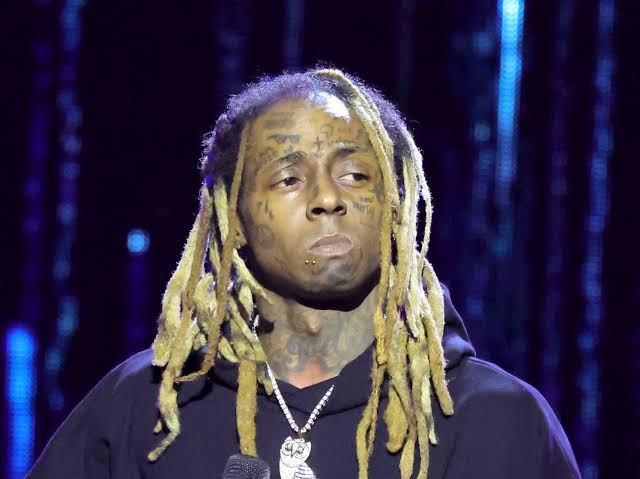Taylor Swift Triumphs in Copyright Dispute Over “Lover” Book Design
Mississippi Author Drops Case, Swift's Legal Team Responds

Taylor Swift has emerged victorious in a copyright lawsuit concerning the design of her “Lover” book. Teresa La Dart, a Mississippi-based poet and author, had previously accused the pop sensation of borrowing design elements from her 2010 self-published poetry book, also titled “Lover.” However, La Dart has now decided to permanently drop the case against Swift.
The lawsuit, which was filed last year, alleged that Swift’s “Lover” book, which accompanied her 2019 album of the same name, copied “a number of creative elements” from La Dart’s publication. These elements included the use of “pastel pinks and blues” and an image of the author “photographed in a downward pose.” Additionally, La Dart claimed that the format of Swift’s book, which combined written and pictorial components, was reminiscent of her own work.
Swift’s legal team, led by attorney Doug Baldridge, responded to these allegations by emphasizing that the elements in question were generic design formats, which are not eligible for copyright protection. In a statement, Baldridge mentioned, “These allegedly-infringing elements, each a generic design format, are not subject to copyright protection. Thus, defendants could not possibly have infringed plaintiff’s copyright.” The motion to dismiss the case was still pending when La Dart decided to withdraw her claims.
Legal experts had previously pointed out potential weaknesses in La Dart’s case. They highlighted that the elements she was contesting were common features found in many books, making them ineligible for unique copyright protection. One expert commented, “This person might as well sue anyone who’s ever written a diary or made a scrapbook.”
The voluntary dismissal of the lawsuit by La Dart appears to be a unilateral decision, without any settlement involved. This move might have been influenced by the potential financial implications of continuing the litigation. If La Dart had pursued the case and lost, she might have been liable for Swift’s legal expenses, which could have amounted to a significant sum.
While Swift’s team has not issued any further comments following the dismissal, La Dart’s attorney, William S. Parks, had previously defended the decision to file the lawsuit. He stated that La Dart had questions about the perceived similarities between the two works and felt the need to seek legal recourse to obtain answers.
As the dust settles on this legal dispute, fans and the music community await any further developments or statements from both parties involved.



















